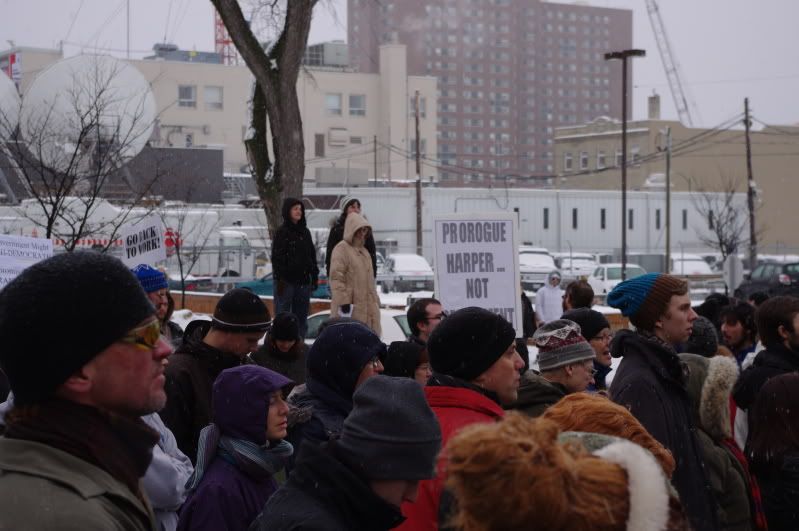Nothing too shocking here. The thing is, though, the "Anglosphere" has an inordinate amount of influence in the world. This "scandal", which is really about the details of climate change as opposed to the fundamentals, has the potential to seriously limit actions to deal with the problem:People who know science and scientists will be disappointed both by the behaviour of Phil Jones and by the glacier incident, but they will not be surprised. This sort of thing happens from time to time, because we are dealing with human beings. But it does not (as the denial brigade insists) discredit the whole enterprise in which they are engaged.
Not all the Himalayan glaciers will be gone by 2035, but a lot of the ones at lower altitudes will -- including some of the ones that keep the great rivers of Asia full in the summertime. That is important, because when they are gone, people start to starve. And we have all met people who are clever in theory but stupid in practice, like Foolish Phil.
The weight of the evidence rests overwhelmingly on the side of those who argue that climate change is real and dangerous. Some 97 per cent of scientists active in the relevant fields are convinced of it; all but a couple of the world's 200 governments have been persuaded of it; public opinion accepts it almost everywhere except in parts of the "Anglosphere." The United States, and to a lesser extent Australia, Britain and Canada, are the last bastions of denial.
I have to say I'm not too keen on geo-engineering. Then again, I'm not too keen on the idea of taking drugs that interfere with cell division either, but if I had cancer I'd take them in a heartbeat. The stupid thing is, it shouldn't be necessary, but it almost certainly will be. Let's just hope that it works.U.S. President Barack Obama will do what he can, but his chance of getting even a very modest bill on emissions cuts through the Senate this year has just dwindled to near zero. The American public, worried about its jobs and its health care, doesn't want to hear about it -- and if it does hear, it doesn't believe.
If the United States is out of the game, then China is out, too. Without the participation of the world's two biggest polluters, jointly accounting for almost half of the human race's CO2 emissions, there's not much point in trying for another Kyoto-style deal, even a much better one. If you have any money lying around, put it on geo-engineering techniques for keeping the heat down. We're going to need them.



